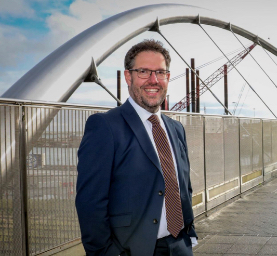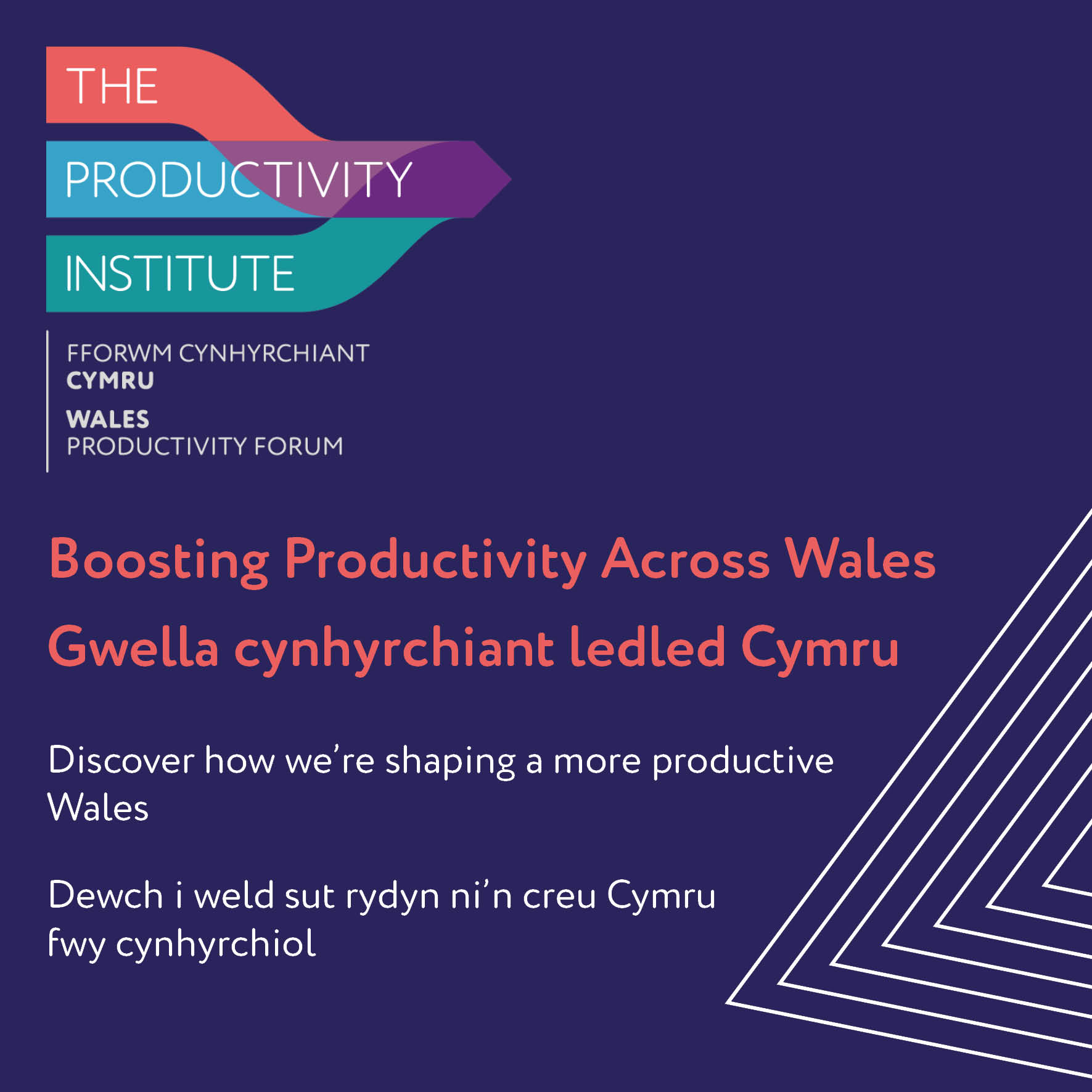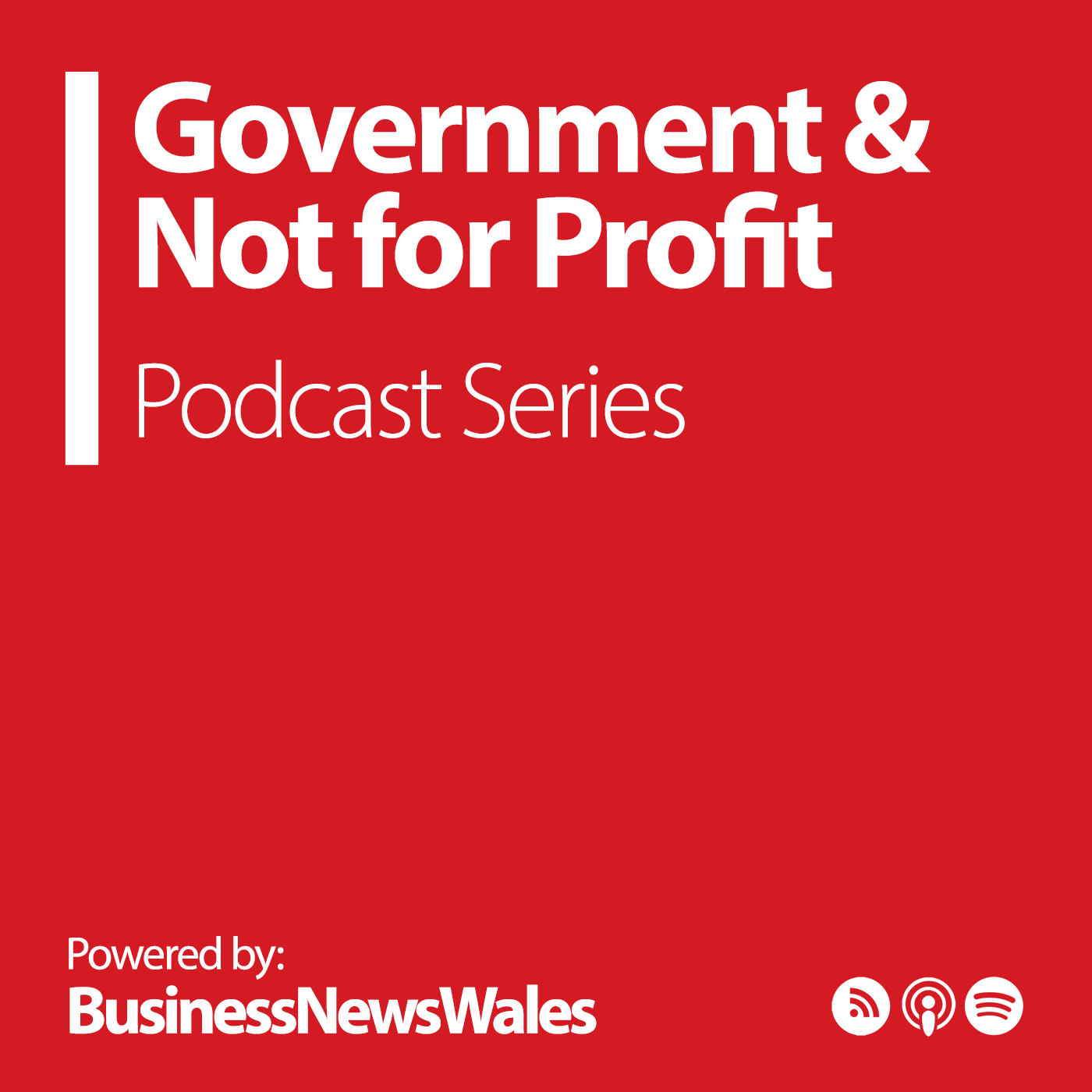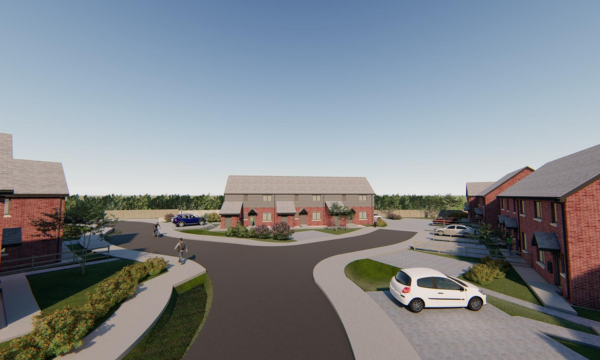
Written By:
Dr Edward Thomas Jones
Senior Lecturer in Economics at Bangor Business School
Bangor University

People and groups from all parts of the country should be involved in the budget-setting process, from making spending proposals and voting on spending priorities.
Rachel Reeves’ big moment
Over the summer, the UK Government described a difficult public finance situation, which included an alleged £22 billion deficit. Big improvements for public services were guaranteed in the Labour manifesto, alongside a commitment from the Prime Minister to steer clear of austerity. Meanwhile, the Chancellor promised that the October Budget would serve as an investment budget. Given these pledges, the October Budget became one of the most anticipated fiscal events in over two decades. There was much speculation about what Rachel Reeves, the UK Chancellor, would announce; from changes to capital gains tax, inheritance tax, and pension relief.
In order to establish the Budget, the Chancellor takes into account economic forecasts, collaborates with government departments, ensures alignment with the government's policy agenda, consults stakeholders, drafts proposals, and then presents them to Parliament. While many institutions and organisations adhere to this budget-setting process, is there not a better way to achieve effective budgeting?
There is an alternative way of setting a budget
Participatory budgeting is one alternative process that has been thoroughly researched. In this process, governments allocate a part of their budget to citizen groups who engage in deliberative exercises to determine investment priorities.
Participatory budgeting empowers local individuals to make decisions and allocate funds for a defined public budget. This involves involving people and groups from all parts of the community in discussions, making spending proposals, voting on spending priorities, as well giving local people a role in the scrutiny and monitoring of the process. Up to now, this has only happened locally, but the outcomes have been overwhelmingly positive. It has successfully engaged citizens and led to more socially progressive investment decisions.
The concept was first pioneered in Brazil, starting with Porto Alegre in the late 1980s. In order to decide on priorities, the city created regional assemblies where residents could vote, and their decisions were taken into account during city-level planning. In the 1990s and 2000s, participatory budgeting became widespread in Brazil, with over 120 cities embracing it. The concept has also become widely popular worldwide. Participatory budgeting has been implemented in local governments in the Dominican Republic, Bolivia, Guatemala, Nicaragua, and Peru, as well as in several towns and cities across Portugal, France, Italy, Germany, and Spain.
Supporters of participatory budgeting argue the process boosts the participation of women and lower income groups in democratic processes. When sustained over a long period, this process leads to decreased corruption, enhanced transparency, improved public engagement, and the creation of more inclusive governance institutions. Furthermore, the evidence also points out that participatory budgeting is associated with higher spending on health and education in economically disadvantaged areas, leading to a significant reduction in infant mortality and promoting the establishment of civil society organisations.
Participatory budgeting in Wales
Although participatory budgeting is proven to be effective in increasing public involvement in economic decision-making, there have been few instances of it in Wales.
Coedpoeth was among the first to implement participatory budgeting grant processes in Wales, with a pilot taking place in 2006. There was a project at Pen Y Gelli Junior School to engage more youth, and the “Your City, Your Choice” initiative in Denbighshire in 2008. Audit Wales reported on the achievements of participatory budgeting at Cae Ddol Park, Ruthin, in 2009, as well as the youth-focused participatory budgeting in Colwyn Bay, beginning in 2009 and lasting over five years. At the same time there was general community participatory budgeting facilitated by the Welsh Government's Vibrant and Viable Places Community Fund. In 2014 and 2015, the Police and Crime Commissioner in North Wales incorporated participatory budgeting into the initiatives funded by Proceeds of Crime. The Welsh Government, prompted by a report on Wales' adherence to the UN Charter on the Rights of the Child, developed a Children's Budgeting resource pack in 2011, which contained a structured toolkit for the use of participatory budgeting within schools. In later years, the Welsh Government explored the role participatory budgeting could play on their budget and conducted an evidence review on this in 2017. The Welsh Government tested a participatory budgeting approach for the 2021/23 budget and found (perhaps incorrectly) it wasn't successful at the macro level, but acknowledged its potential for local initiatives.
Participatory budgeting has the potential to enhance transparency and restore the legitimacy of budget decisions. In order to address the economic, social, and ecological crises, democratic mechanisms are required to shift power and resources from the wealthy to the pursuit of the common good. Participatory budgeting is one tool that can be used to help achieve this goal.












